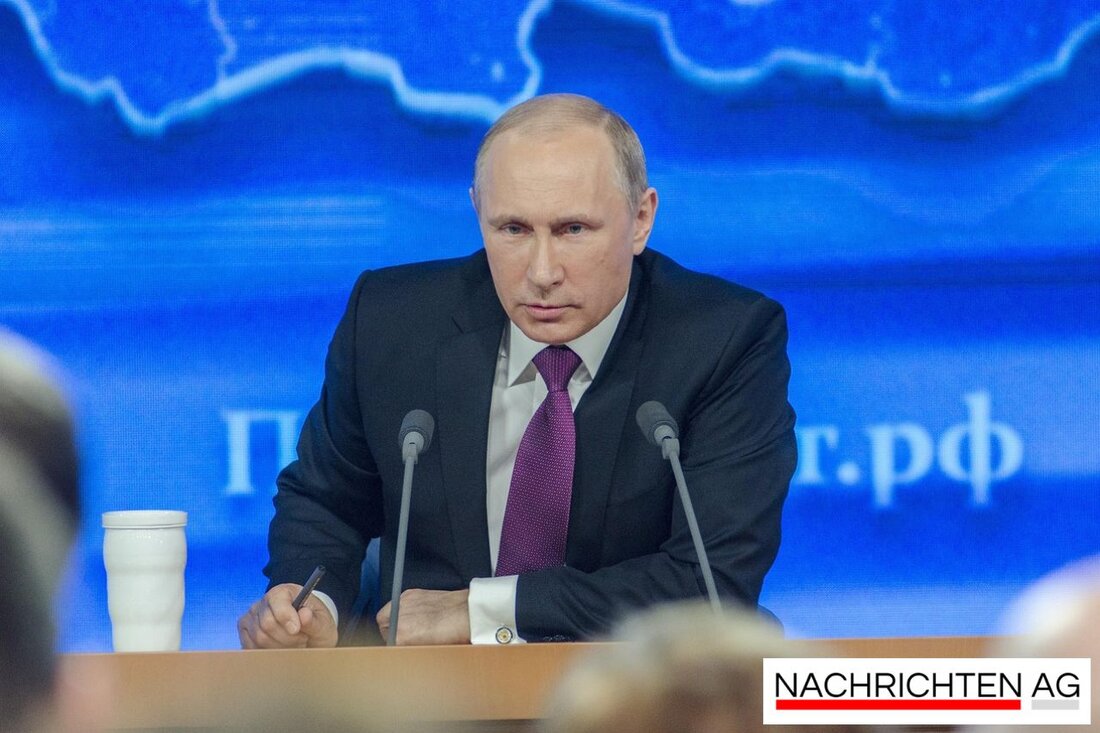Putin's dangerous game: disinformation as a weapon in the Ukraine conflict!

Putin's dangerous game: disinformation as a weapon in the Ukraine conflict!
In a current report, former CIA agent John Sipher Wladimir Putin describes as a KGB agent with the mentality of a terrorist. This disturbing assessment is open to how Russia has increasingly rely on asymmetrical attacks in recent years in order to take advantage of the weaknesses and vulnerable points of its opponents. According to Sipher, Putin and his advisors consider the United States and the entire West to be weak and see themselves as a defender against the liberal, pluralistic democracy, which they perceive as a threat. This is proven by Putin's contempt for western values that show similarities to Lenin's rhetoric rhetoric, who once said: "The capitalists will sell us the rope with which we then strangle afterwards."
Putin's strategy includes not only military aggression, but also psychological operations. As the bpb , Russia wages a comprehensive information war. This includes disinformation, sabotage and support potentially dangerous groups. Under the leadership of Putin, manipulation of public opinion is used as a centrally important weapon to strengthen the influence of the Kremlin both within Russia and internationally.
Warf warring and propaganda
The Russian information operations that have been practiced for decades have gained intensity under Putin's rule. The Kremlin sees itself as a victim of the "hybrid and informational warfare" of the West, especially NATO. Defense Minister Sergei Schojgu has publicly stated that mass media and information can be regarded as weapons, which underlines the basic orientation of the Russian information strategy. Russian media like RT have emerged as important actors in the global war of information, they spread narratives that move the West in a negative light.
An example of the manipulation of facts is the case of a girl in Berlin who reported in 2016 that several men from Mediterranean appearance were kidnapped and raped. While the police denied this allegation, Russian state media used the case to stir up prejudices against refugees. This shows how profoundly manipulating perceptions are anchored by the Kremlin and how such stories are part of a larger propaganda offensive that has become more important since the annexation of the Crimea in 2014.
strategies to combat disinformation
The BPB warns that Western societies are aware of the threat of Russian disinformation and should take suitable measures. Platforms such as Facebook, Twitter and YouTube have to be regulated more to minimize the spread of Russian propaganda. Citizens in countries such as Finland and Lithuania are actively committed to education about fake news and the methods of Russian trolls that act on social media and influence public opinion. These tactics aim to control the thoughts, attitudes and behaviors worldwide and to promote uncertain political conditions.
In view of the fact that Russia continues to use asymmetrical and hybrid warfare, it is essential that the international community and especially western countries cooperate in order to counteract this risk. Only through a common procedure can the threat from disinformation be effectively combated on a global scale. The fight against disinformation remains a decisive challenge in the geopolitical arena in which Putin's Russia has a devastating influence.For further details and analyzes, read the reports from t-online and bpb to propaganda and disinformation .
| Details | |
|---|---|
| Ort | Berlin, Deutschland |
| Quellen | |
